During the COP30 United Nations Climate Change Conference, Climate Elders — a global photography exhibition created by 1in6by2030 in partnership with HelpAge International — is open at Galeria Fidanza in the Museum of Sacred Art (Museu de Arte Sacra do Pará), located within the historic St. Alexander Church complex in Belém’s Cidade Velha district.
The exhibition is on view from November 7 to February 5, 2026, with an opening reception on November 7 from 6:00–10:00 p.m.
Bringing together the work of photographers from over 21 countries, Climate Elders reveals the lived experiences of older people whose lives and livelihoods are being reshaped by the climate crisis. Each portrait is accompanied by a personal message addressed to world leaders — intimate reflections that underscore a shared plea for urgency, dignity, and inclusion in global climate policy.
Climate Elders is curated by Yasemin Elci and organized by Leonardo Carrato. The exhibition also features two guided tours:
- November 8 at 3:00 p.m., led by Yasemin Elci and Leonardo Carrato
- November 15 at 3:00 p.m., led by Leonardo Carrato
Following its run at the Museum of Sacred Art, Climate Elders will be donated to the museum.
This project is dedicated to the loving memory of Sara Terry (1955-2025).
Exhibition Details
Climate Elders
Galeria Fidanza, Museu de Arte Sacra do Pará
Frei Brandão Square, s/n - Cidade Velha, Belém - PA, 66020-240, Brazil
November 7 – February 5, 2026
*Opening Reception: November 7, 6:00–10:00 p.m.
*Guided Tours: November 8 & November 15 at 3:00 p.m.
Featured Photographers:
Amber Bracken, Ana Caroline de Lima, Aron Simeneh, Bektur Zhanibekov, Cynthia Matonhodze, Debsuddha, Ed Kashi, Francisco Vigo, Ilvy Njiokiktjien, Jan Guth, Jannatul Mawa, Jittrapon Kaicome, Lê Xuân Phong, Leonardo Carrato, Light Oriye, M’hammed Kilito, Matias Bercovich, Nadia Bseiso, Paolo Verzone, Sara Terry, Tace Stevens, Thomas Byczkowski
Supporters:
This exhibition is made possible with the support of VII Foundation, HelpAge International, Thomas M. Neff, Sistema Integrado de Museus e Memoriais (SIMM), and Secretaria de Cultura do Governo do Pará (Secult).
Curatorial Text by Yasemin Elçi:
In a world divided by weapons, borders, and blame, we can only be family again by remembering our shared home. Nature is the sole reason humanity can come together without a mutual enemy — it’s the only place where we truly belong.
As we rush through our days, always waiting for the future to arrive, those who have already come a long way can guide our steps forward. The “Climate Elders” project embraces international collaboration, elevating our shared values and needs. The common challenges and recommended solutions from different regions of the world create threads in the exhibition that prove we are much more connected than we think. Every individual photographed, and every photographer who reveals their story, becomes part of a decentralized system that only grows as a community and heals as a whole.
The elders’ efforts for a greener world, their personal experiences, and their appeals to leaders humble us and dissolve any sense of separate identity. By its very nature, “Climate Elders” takes away the “I” and replaces it with “we", reminding us of the two important resources we need to turn to: our environment and our elders.
The audience is integral to this “we.” Every visitor becomes an active participant, contributing their stories to the exhibition. Interactive elements encourage engagement, sparking conversations across generations and cultures. At the center, a dynamic installation suspends photos and quotes on wires crafted from sustainable materials, emphasizing climate change as a shared global responsibility that unites us in purpose.
In the Climate Steps area, ladders offer spaces for visitors to share their small or big steps, in any language, toward a more sustainable future while connecting with each other’s commitments. The project thus evolves and transforms each day with every participant.
Climate change is not merely a change; it’s a disease. This is what our Indigenous elders mean when they speak of “the sick land.” It’s a cry for help, and our elders are translating nature’s message. Amplifying their voices is the only way we can protect our heritage. And only by protecting what we’ve long taken for granted can we finally feel "rooted" again.
VII Contributing Photographer Leonardo Carrato and curator Yasemin Elçi have collaborated with the 1in6by2030 team to create this timely exhibition at the COP30 conference in Belem, Brazil. It is on display from Nov 7 to Jan 21, 2026.

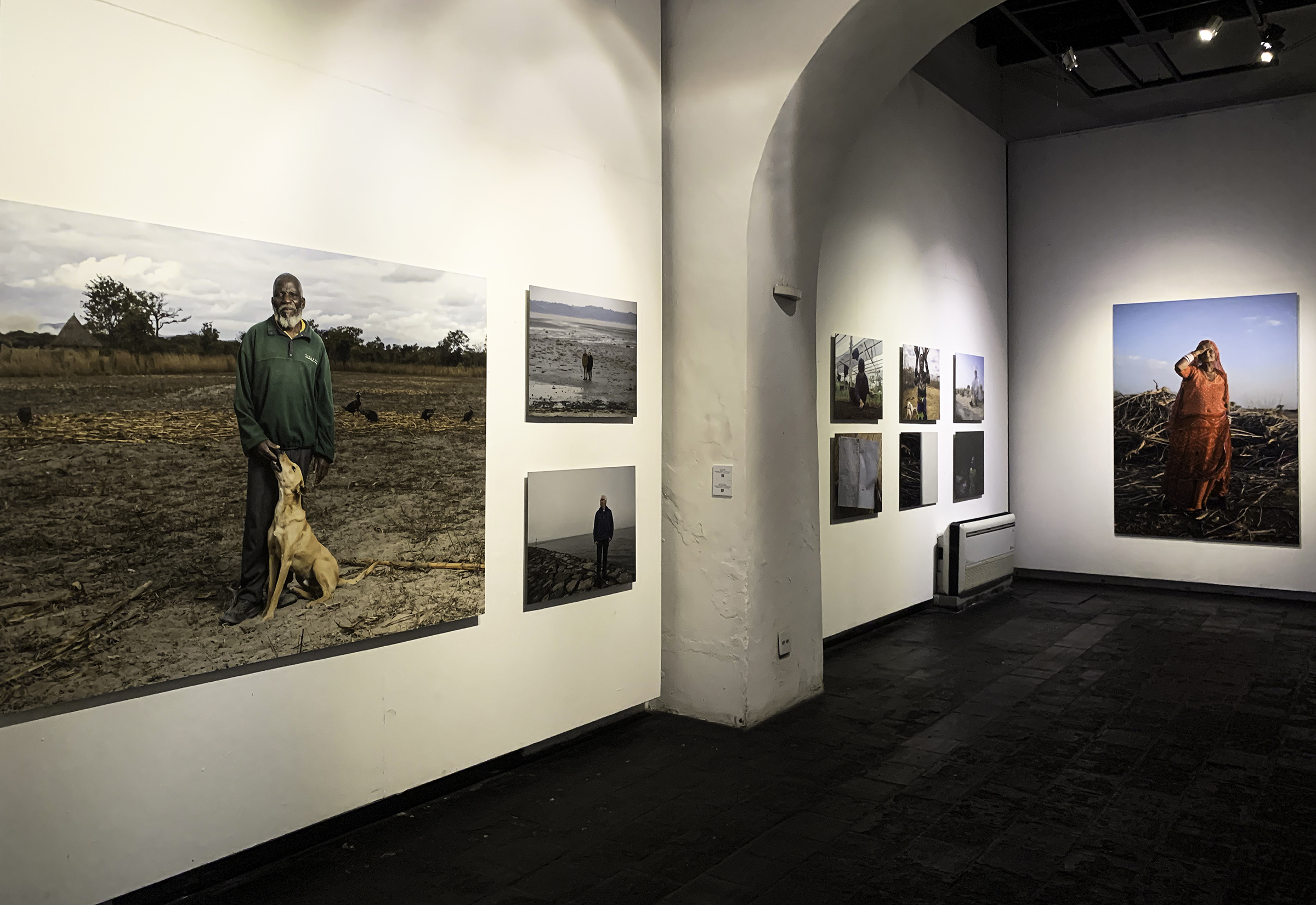

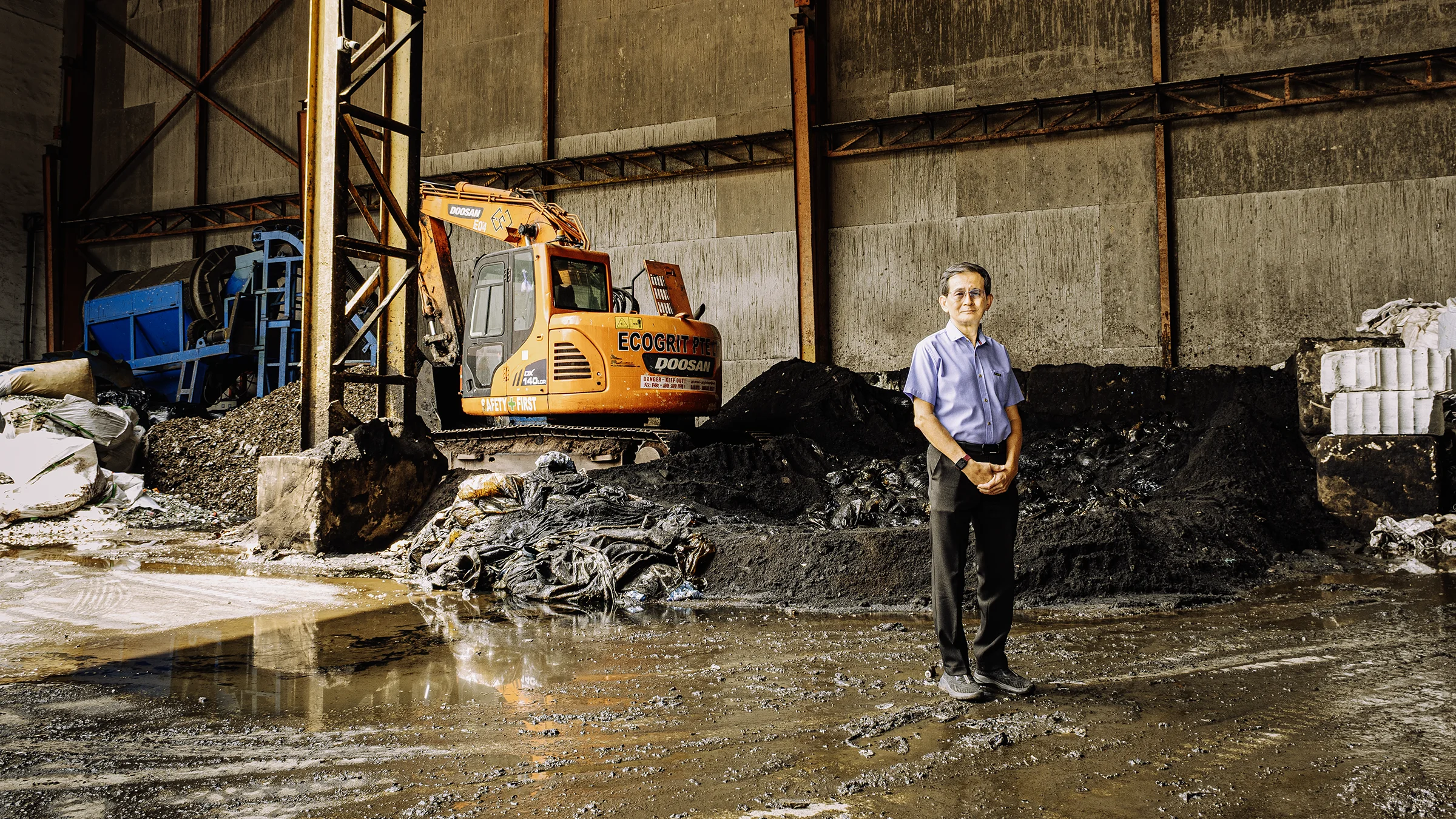
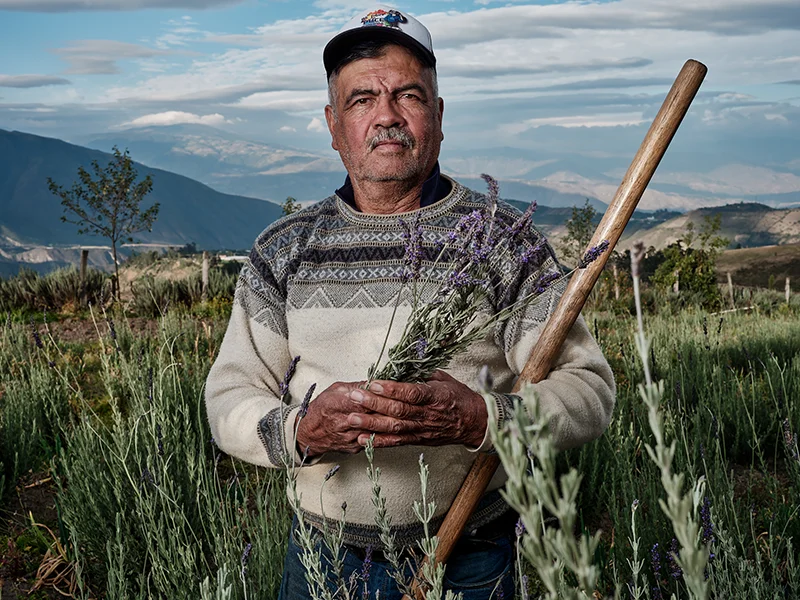
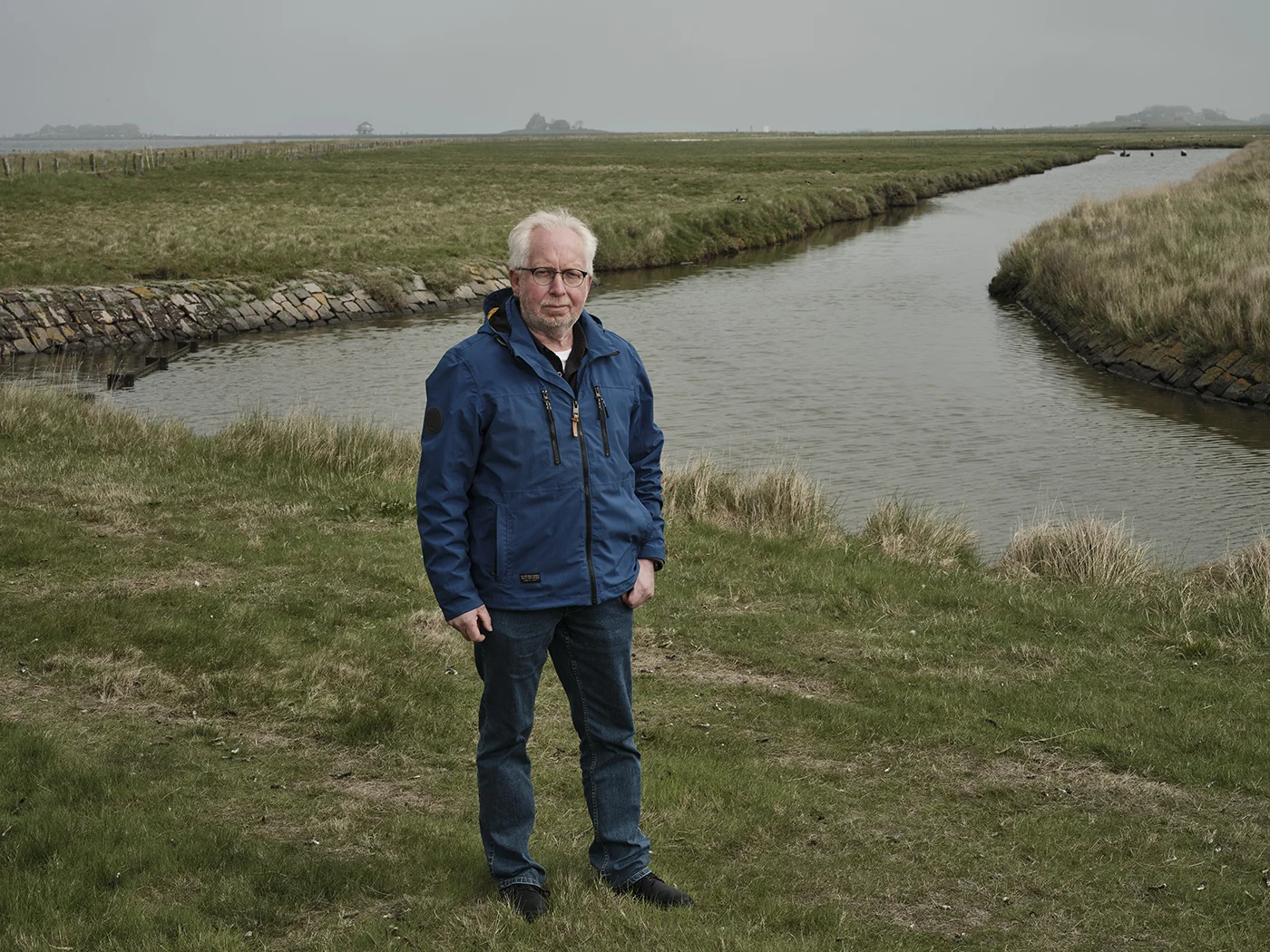
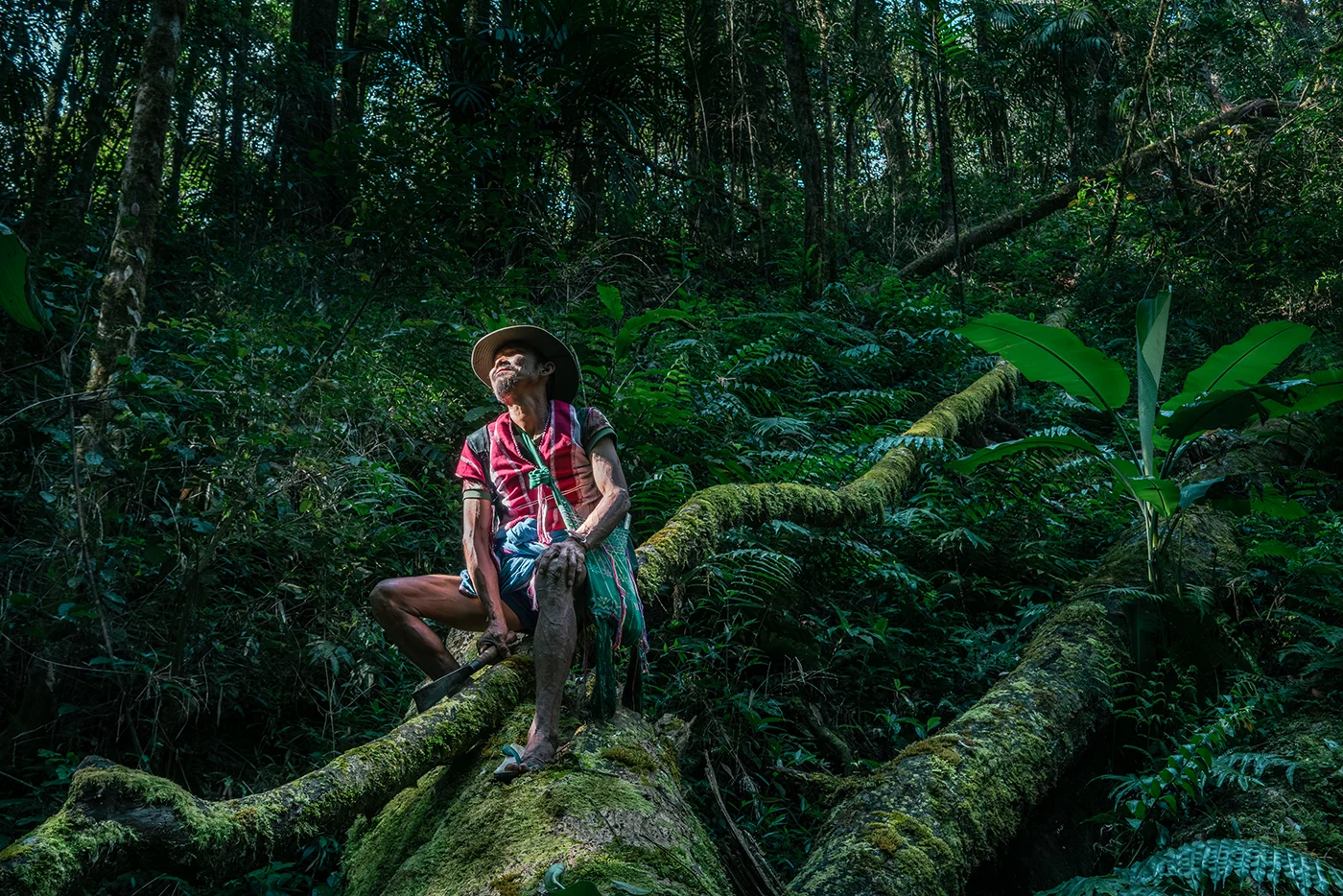
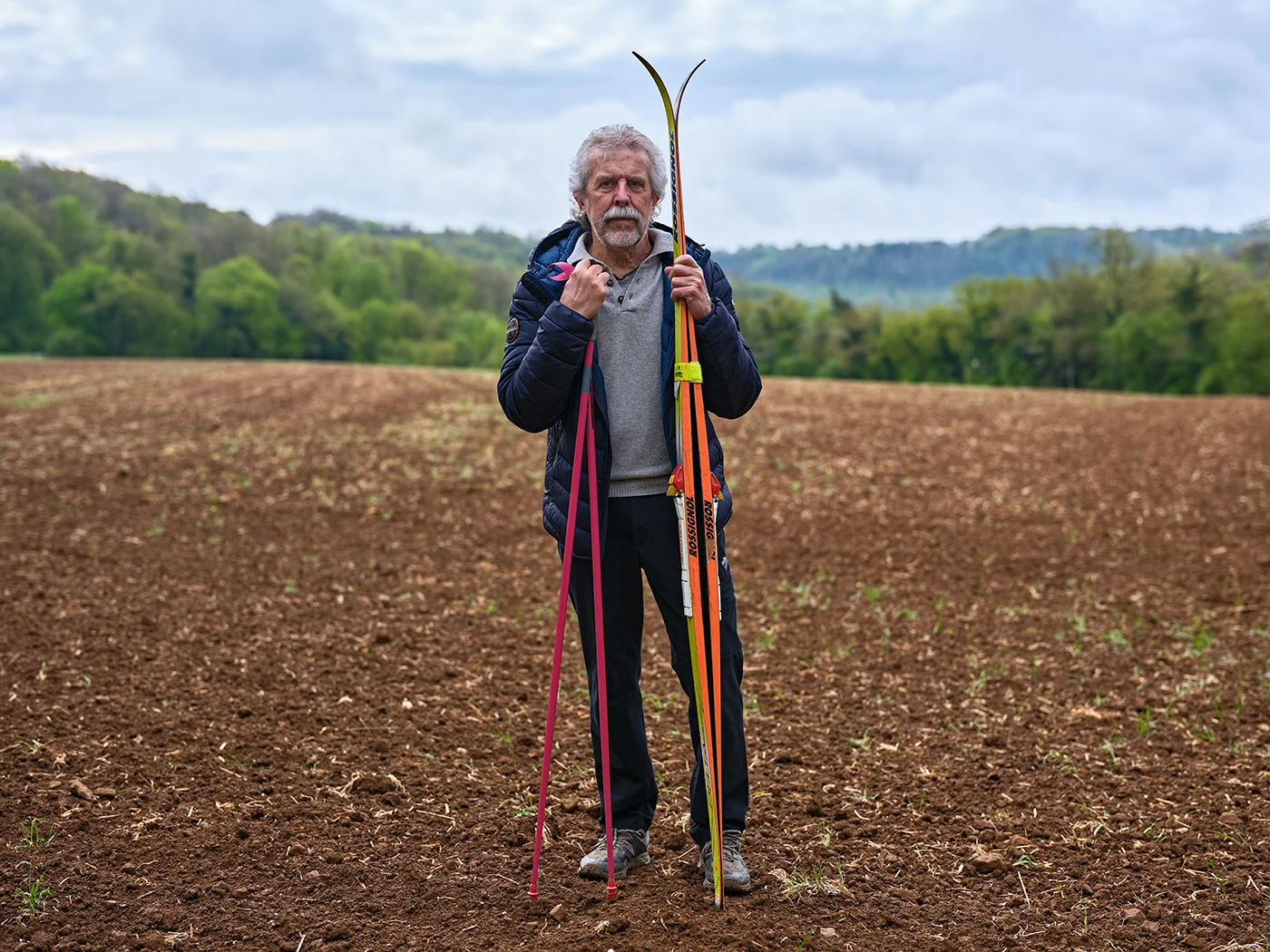








































.svg)






